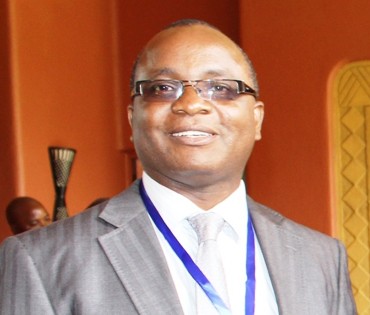By BUUMBA CHIMBULU
GOVERNMENT has projected that Zambia’s growth rate will next year reach 4.8 percent, as it publishes the 2024-2026 Medium Term Budget Plan (MTBP) that spells out the county’s broad macroeconomic and fiscal policies for the medium term.
[ihc-hide-content ihc_mb_type=”show” ihc_mb_who=”4,5,6″ ihc_mb_template=”2″ ]
Secretary to the Treasury, Felix Nkulukusa, also projected that Zambia’s growth rate for 2025 and 2026 would reach 4.3 percent and 5.0 percent, respectively.
Mr Nkulukusa based these projections on improvements in the macroeconomic conditions resulting from the implementation of the development reform agenda as set out the Eight National Development Plan (8NDP).
He also based the projections on the steps taken by Government, in collaboration with its creditors, to restructure external debt. Mr Nkulukusa said this in a statement issued yesterday to announce the publishing of the green paper.
“Additionally, efforts to attract investment, particularly in the key sectors of agriculture and livestock, manufacturing, mining, energy, and tourism, are anticipated to stimulate production and enhance productivity,” Mr Nkulukusa said.
On the MTBP, the paper highlights key interventions that will be catalytic in spurring economic growth through enhancement of private sector investment, production and productivity as well as facilitation of efficiency in the delivery of public service.
Over the 2024-2026 medium term, Government’s economic policies would focus on stimulating economic growth through restoration of macroeconomic stability, attaining debt and fiscal sustainability and facilitating a conducive environment for the private sector.
Mr Nkulukusa pointed out that the paper had been prepared in the context of growing confidence in Zambia as a result of the progress made in restructuring the country’s external debt and the successful measures being taken to restore and maintain macroeconomic stability and fiscal sustainability.
“This outturn of events, presents an opportunity to transform our economic to build economic resilience, protect the vulnerable and leave no one behind. To transform the economy, there is urgent need to work concertedly in progressing with government’s bold development agenda, even within the still, constrained fiscal environment,” he said.
Further, he said, the diversification of a wider economy through value addition in mining, manufacturing and tourism, among other sectors, would be priority.
He explained that digitisation would be undertaken in earnest to promote both the private sector and the wider economy.
“In addition, in line with the decentralising policy, allocations for public service delivery will be facilitated to ensure citizen participation in governance and development that puts their needs first.
“Finally, government will continue to prioritise the vulnerable by mainstreaming of gender, child, the aged an disability issues into the policies and strategies used to implement government programmes and projects,” he said.
[/ihc-hide-content]










